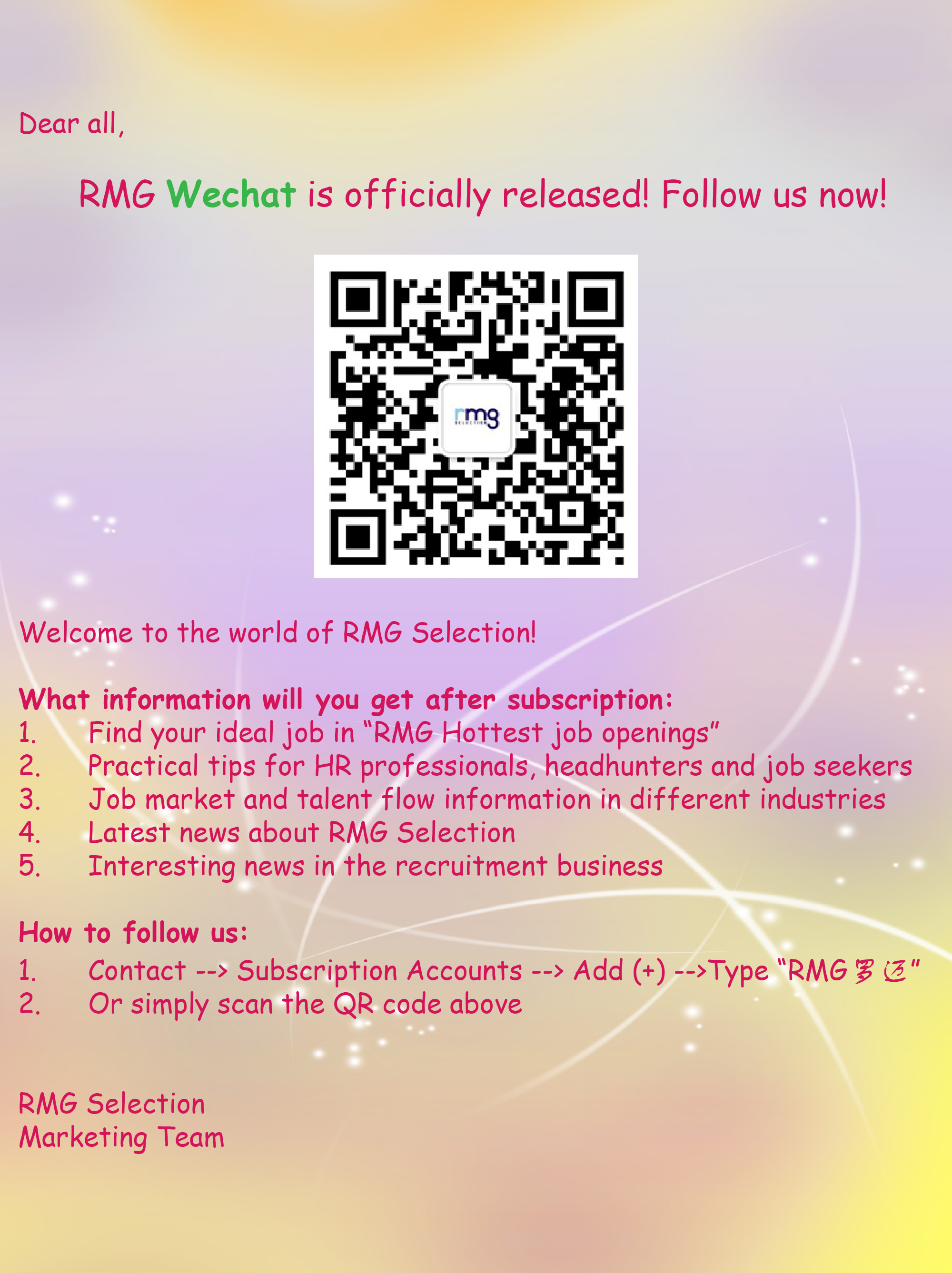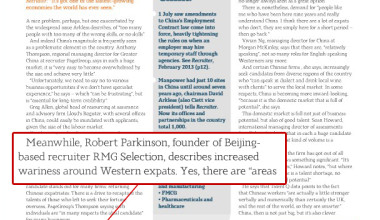停摆了1年多后,A股IPO于2014年1月重启,这加速了各种公司上市的步伐。根据CVSource投中数据终端显示,2014年1月,共有55家中国企业在全球资本市场完成IPO,合计募集资金490亿元,其中有43家中国企业在A股完成上市。还有更多的企业已经备齐了材料在等待证监会的批文。
在这股热潮中,比起那些分析机构、投资人、股评家的分析,相信在企业上市这个问题上,“与我有什么关系”才是公司人更关心的。
在罗迈国际RMG Selection高级顾问李洛钒看来,对于以工资收入为主的中、基层员工来说,公司上市之后薪资福利待遇的提高是更直观的一种激励。去年上市的某房地产集团人力资源副总监程艳就表示,上市之后的1年内,她所在的公司进行了数次调薪,对大部分绩效表现良好的员工的工资进行了普涨,速度远远快于上市之前。另外,企业规模扩大之后晋升机会的增加也是员工更能感受得到的一种积极影响。
当然,企业上市之后随着收入一起增加的还有压力。“以往负责一到两个项目的团队现在都需要同时操作三到四个项目。”“一方面,是因为上市之后获得了更多的资源,另一方面上市之后对公司业绩表现也提出了更高的要求。”程艳告诉《第一财经周刊》。
客观来讲,虽然上市与否并不影响大多数人日常的业务操作,但由于上市公司需要符合监管部门制定的相应法律法规和规章制度,因此在企业的流程和一些工作规范上,原本不太合规的方面都要进行相应调整,严格执行监管部门的要求,这或许就会对诸如财务、公关等岗位提出挑战。
事实上,企业上市之后,所有的业务表现就不再仅仅对老板一人负责,而是需要顾及全体持股人的利益,以及接受监管部门的审查,一些新业务的拓展有可能受限制,利润也会受到影响。所以我们也能够看到像华为、博世这样的大型企业并不愿意上市。
企业上市之后究竟会给公司人带来哪些改变,本期《第一财经周刊》邀请了万宝盛华集团(中国)综合解决方案招聘流程外包资深金融顾问单进玮以及罗迈国际RMG Selection高级顾问李洛钒共同来为公司人答疑解惑。
A 切身利益的变化
公司的性质即将发生变化,公司人首要关心的都是自己的切身利益,比如薪酬福利。通常情况下,上市公司提供的薪酬福利待遇肯定会比非上市公司提供的薪酬福利待遇更加完善。罗迈国际RMG Selection高级顾问李洛钒表示,一方面,这是由于根据相关法律法规,上市公司各项薪资福利待遇都必须符合国家的制度规定,另一方面,公司在股市上募集到更多资金之后,管理层也会希望给员工更好的福利待遇,让员工感受到公司的前景良好。
对于中、基层员工来说,工资是他们收入结构的主体,所以最有吸引力的主要还是薪资待遇的调整。不少公司在上市之前会拿出一部分股权或是期权与员工分享。但是大部分员工的持股比例不是特别高,这部分收益不会取代工资而成为他们收入的主体来源。
中层员工由于处在职业上升期,更需要晋升机会,而在企业规模扩大之后,公司能提供更好的晋升通道和培训机会,这让中层员工的职业发展更具优势。
高层、董事会决策层可以说已经到了职业的黄金年龄,薪酬已经不是最有诱惑力的因素,所以这一人群会更看重上市之后公司提供的期权、股权方面的激励和管理权限的自由度提升。
判断公司走势的简单方法
看年报
最直接的方法就是查看公司去年的收益情况。包括赚了多少钱、与上一年相比的增减情况、资产配置、负债是良性还是恶性等等。
看股票
股票价格是市场口碑和股民信心的一个直接反映,它的涨跌情况也在一定程度上代表了公司的经营状况。
看业务
企业的管理方式相比以前是否更为规范,操作更高效;员工对工作的热情度、贡献率是不是比以前更高等等,这些也都能反映公司未来是否能够良性发展。
B 对工作的实际影响
个人更具职场竞争力
上市公司对员工的工作技能、业务规范有更高的要求,而经历了上市的过程,员工自身的能力以及经验也都会有所提升。
万宝盛华集团(中国)综合解决方案招聘流程外包资深金融顾问单进玮说,经历过股权变化的过程本身就会成为一个非常具有优势的附加值,在跳槽时会更具备竞争力,尤其是财务部门的员工,会更受那些准备上市的企业青睐。
另外,虽然上市之后晋升的途径不会有区别,但是之后企业规模肯定会有所扩大,这也势必会增加更多的职位,当然也包括管理岗位的空缺,增加了更多的晋升机会。
压力也会更大
虽然整体上来说,公司上市并不会对员工的日常工作流程造成特别大的影响,但企业上市确实会增加一定的业务压力。事实上,这可能从上市前就开始了。李洛钒曾服务于一家计划上市的企业,上市前,公司就提出了连续3年利润持续增长20%的要求,业绩考核也更为严格。
当然上市成功并不意味着就可以有所放松,单进玮介绍说,上市之后,企业的价值情况会更为直观,如果收益或声誉变差,股价就会即时发生波动。而这种波动可能会导致投资人对企业的信心产生动摇,随即陷入一个恶性循环。
工作流程更具规范性
企业上市之后,各个部门的组织架构都会更为完善,公司的管理会比以前更规范、更高效,当然相应的来说,制度也更为严谨。
例如,企业上市之后,就连最常见的因公出差报销流程都会变得更为严谨和繁琐。因为企业上市后,理论上不再仅对老板负责,而是对全体股东负责,并接受严格监督,所有账目都要明晰。上市公司财务报表如果作假,那么会有相应的法律惩罚措施。
国内和国外上市差别在哪儿?
客观来讲,企业在国内还是国外上市的影响更多体现在企业层面。国内上市流程复杂、法律限制高,国外上市基本采取备案式,流程制度化,公开透明,因此不少企业更青睐于在海外上市。
不过从另一方面来讲,在国外上市成功对公司整体的品牌知名度、业务实力也都起到了正面的助推作用。曾供职于海外上市企业也会成为员工一项有竞争度的工作经历。
我能拿到多少原始股?
根据李洛钒的介绍,员工整体持股比例一般都小于5%,部分企业会超过10%。但事实上,大部分企业仅中高层员工有资格认购原始股,有的公司主管级别也可认购,这是由公司的组织架构决定的。“原始股购买价格比较低,发行价往往高于当初买进价格,出售原始股时赚钱几率比较高,所以普通员工一般分不到。”单进玮说。普通员工一般有期权就已经是不错的了。
C 影响较大的一些岗位
财务
上市对财务人员的专业度和资格要求会更严格。非上市公司的财务部门也许只要按照公司规定做账即可,但上市公司在账目的清晰透明度上有严格的标准和要求,必须根据其所在市场,按照国内或国际会计准则执行。上市公司的账目一旦出现问题,不仅公司的声誉会受到影响,对相关责任人会有相应的法律惩处。
内部审计
这个对企业中各类业务和控制进行评估的岗位的重要性在上市之后会大大提升。单进玮介绍说,有些公司可能原本没有内审岗位或是由CEO兼任这一岗位,但是上市之后会专门增设人员全职负责内审工作。实际上不论是否是上市公司,一般企业规模越大,负责内部审核的人数和权限就会越多。
人力资源
这可能是受企业上市直接影响最多的一个岗位,人员招聘以及入职离职手续的工作量会大大增加。原因不难理解,公司变化之后岗位人员必然会出现大量的调动,例如上市之前,某些岗位需要有上市相关经验和技能的人来担任,而公司现有的人员经验不足,那就需要招聘。再融资之后公司规模扩大,对人员要求得改变以及相应的人员扩张又会相应地增加招聘、薪酬以及组织架构调整的工作。
公关(市场)
股价除了受公司运营状况的影响,还很容易受到声誉的影响。公司公关的工作直接影响着公司对外的美誉度,而这又会对股价产生直接的影响,所以企业公关工作的影响也会提升。另外,由于上市企业对于宣传有诸如缄默期等规定,也对公关部门的工作展开提出了要求。Google创始人拉里·佩奇和谢尔盖·布林在上市缄默期曾接受了《花花公子》的采访,就引起了轩然大波,尽管这个采访是数月前约好的,但它仍然影响了Google的声誉。
职工董事
公司上市之后,企业的普通员工也有一定的机会通过职工代表大会或工会选举,并且经过一系列法律程序认证之后成为职工董事,进入公司董事会。
职工董事代表出资人、企业和全体职工这三个方面的利益。尤其在维护职工合法权益方面,职工董事负有重大责任。职工董事在董事会中所占的比例没有明确的规定。单进玮也提到,在中国目前的环境下,职工董事在董事会中所占的比例偏低,可能无法起到应有的作用




